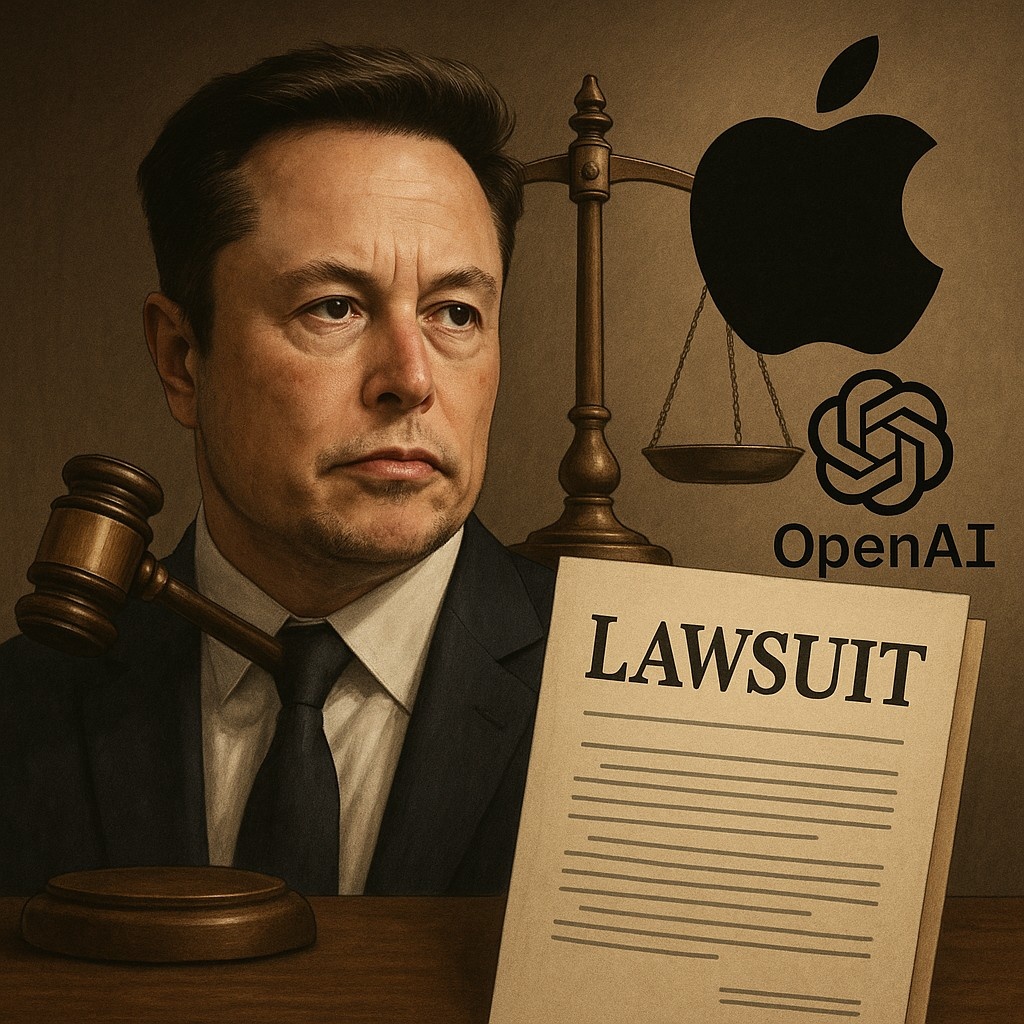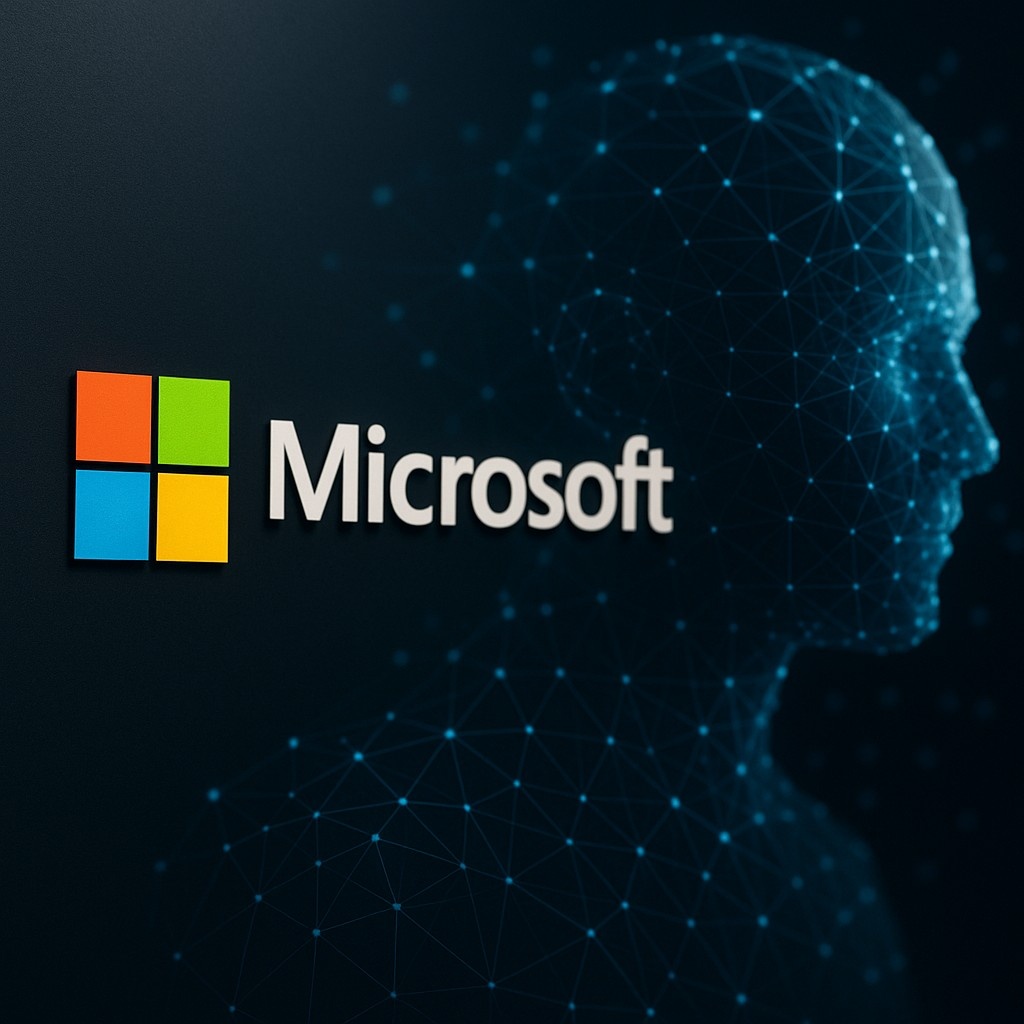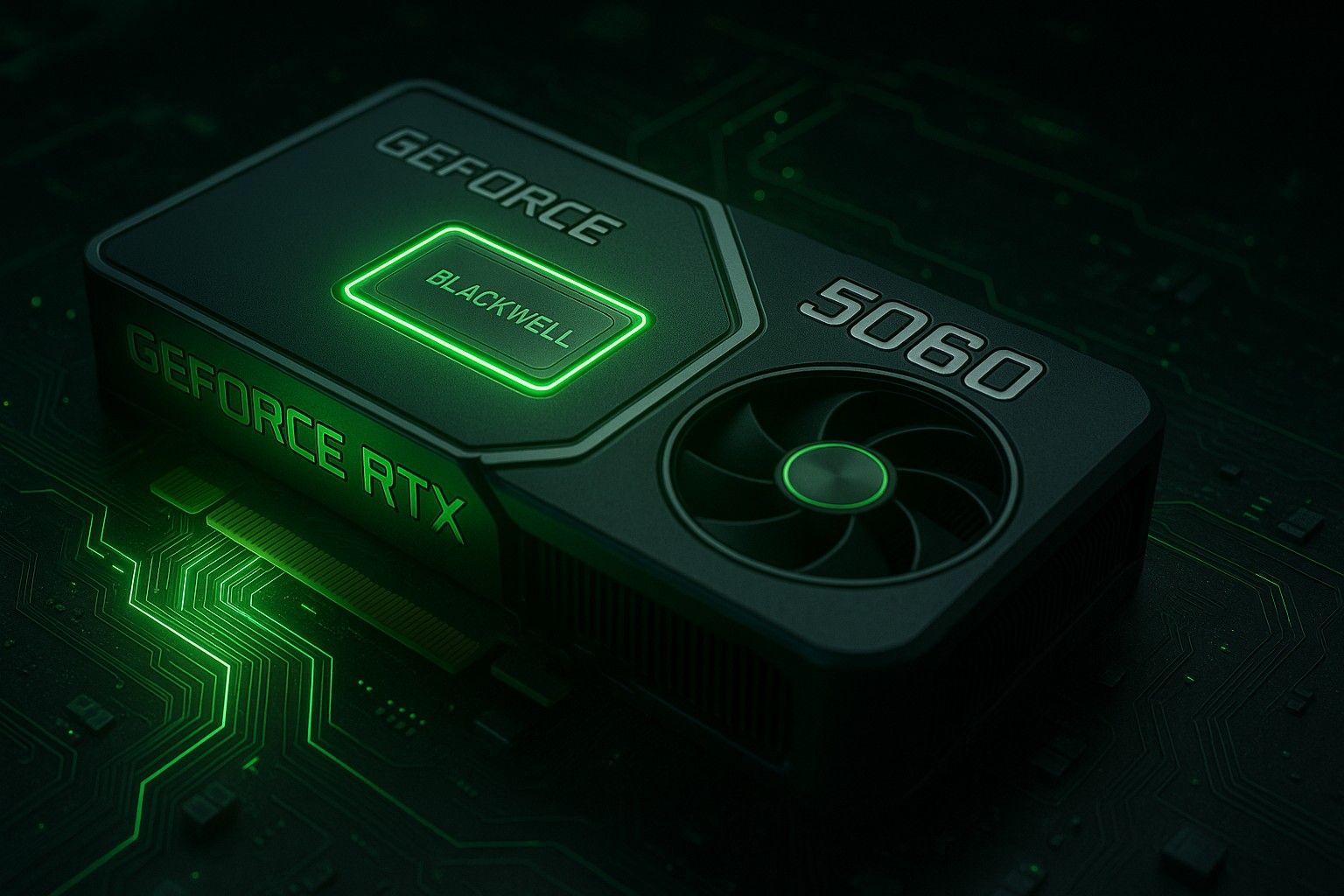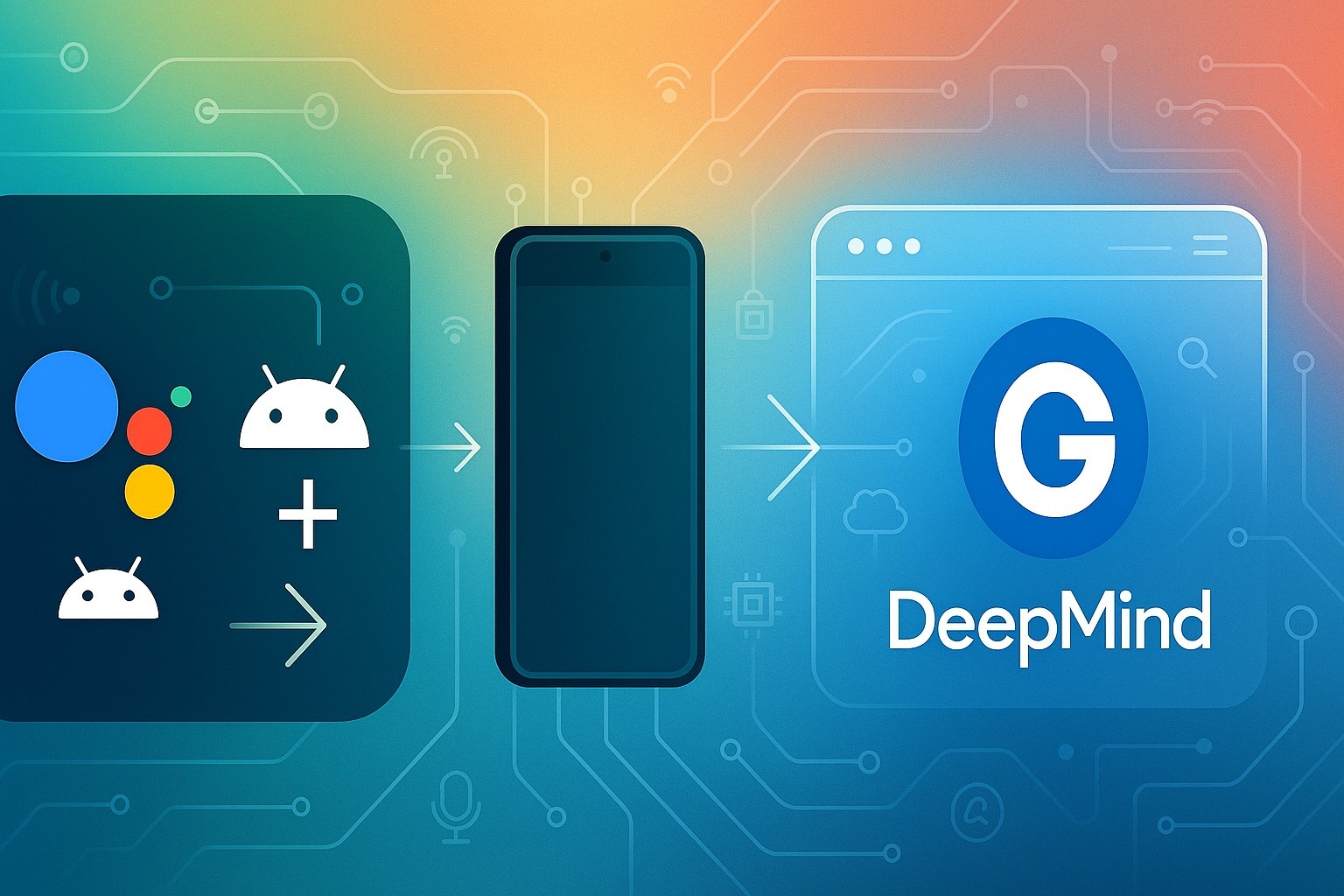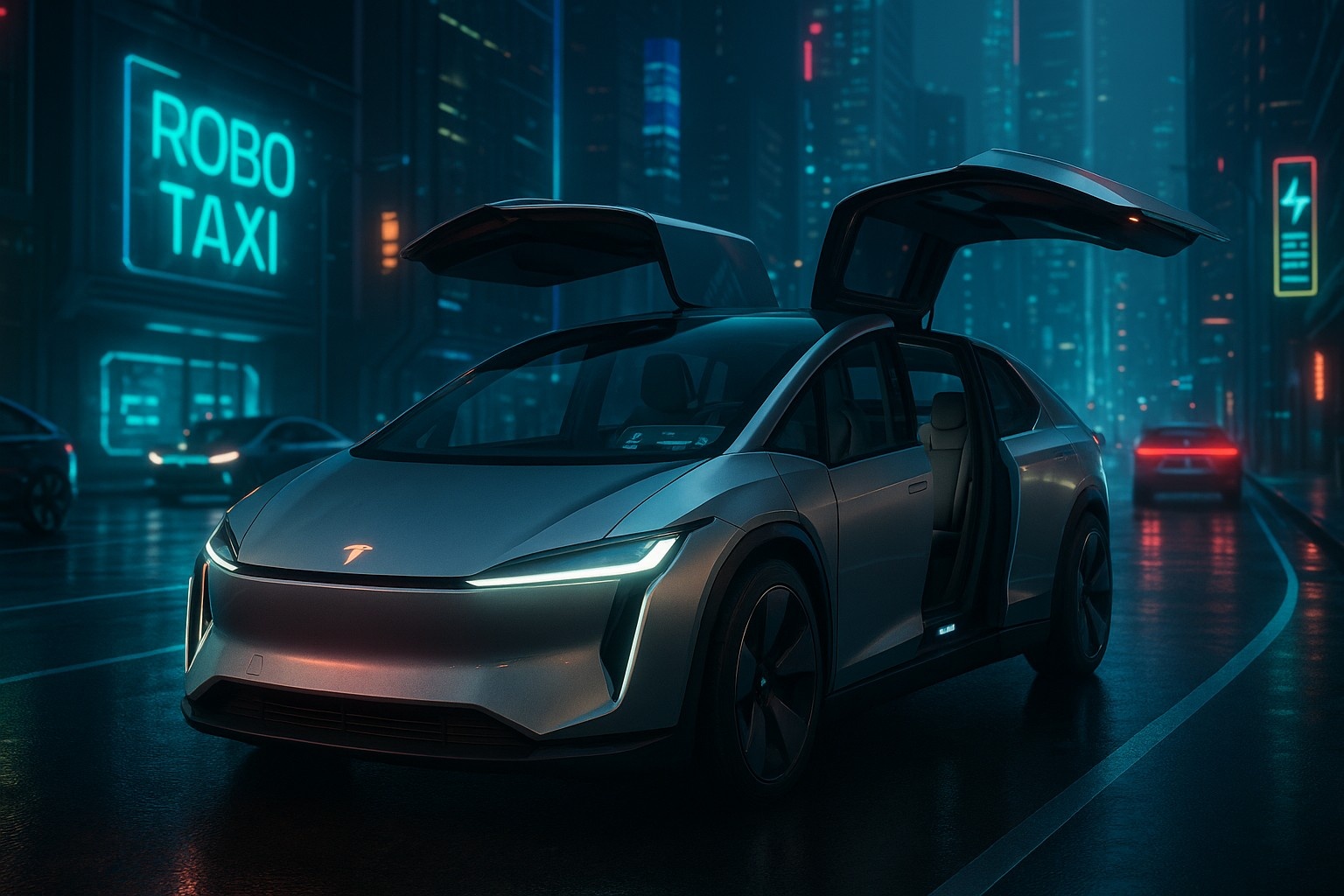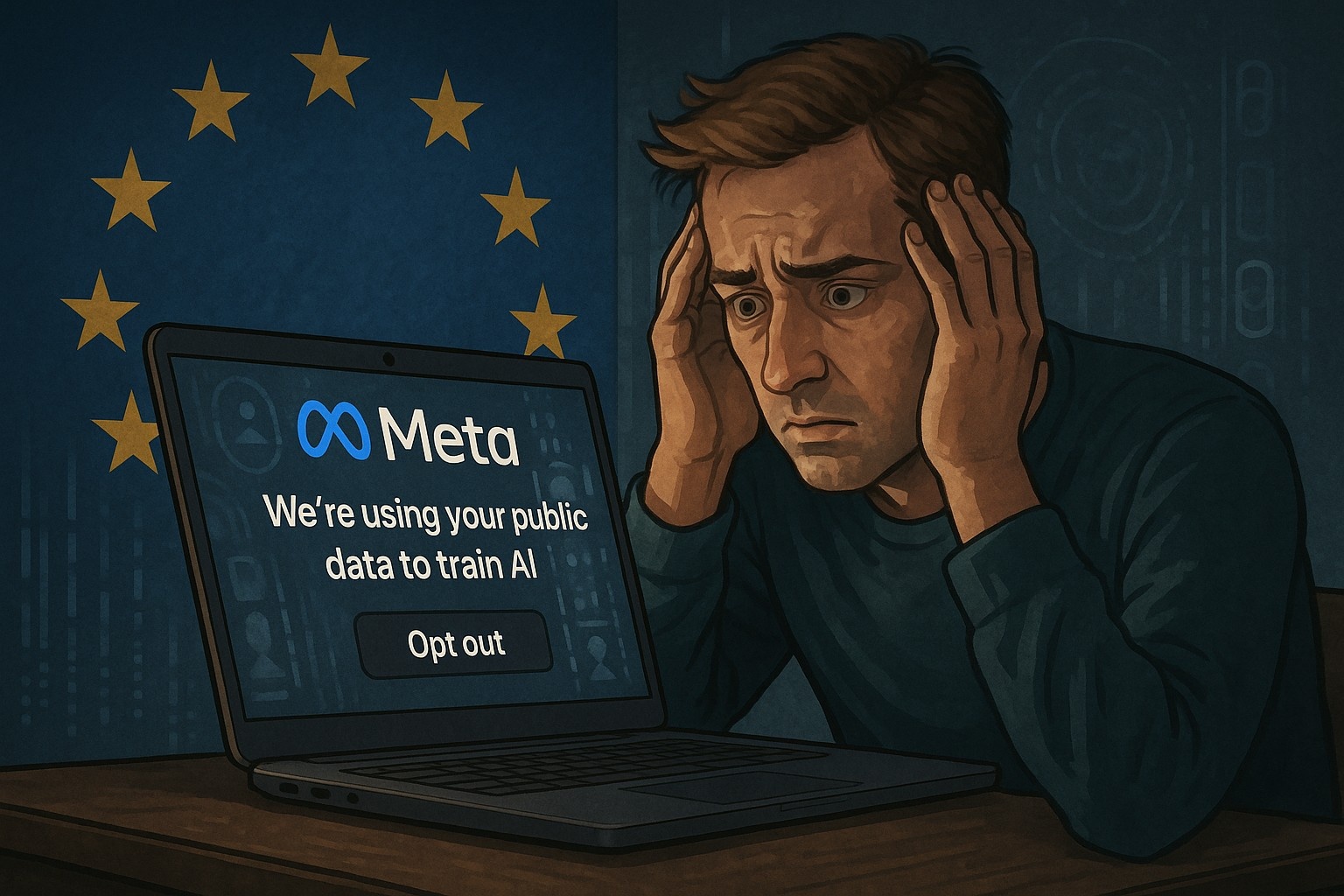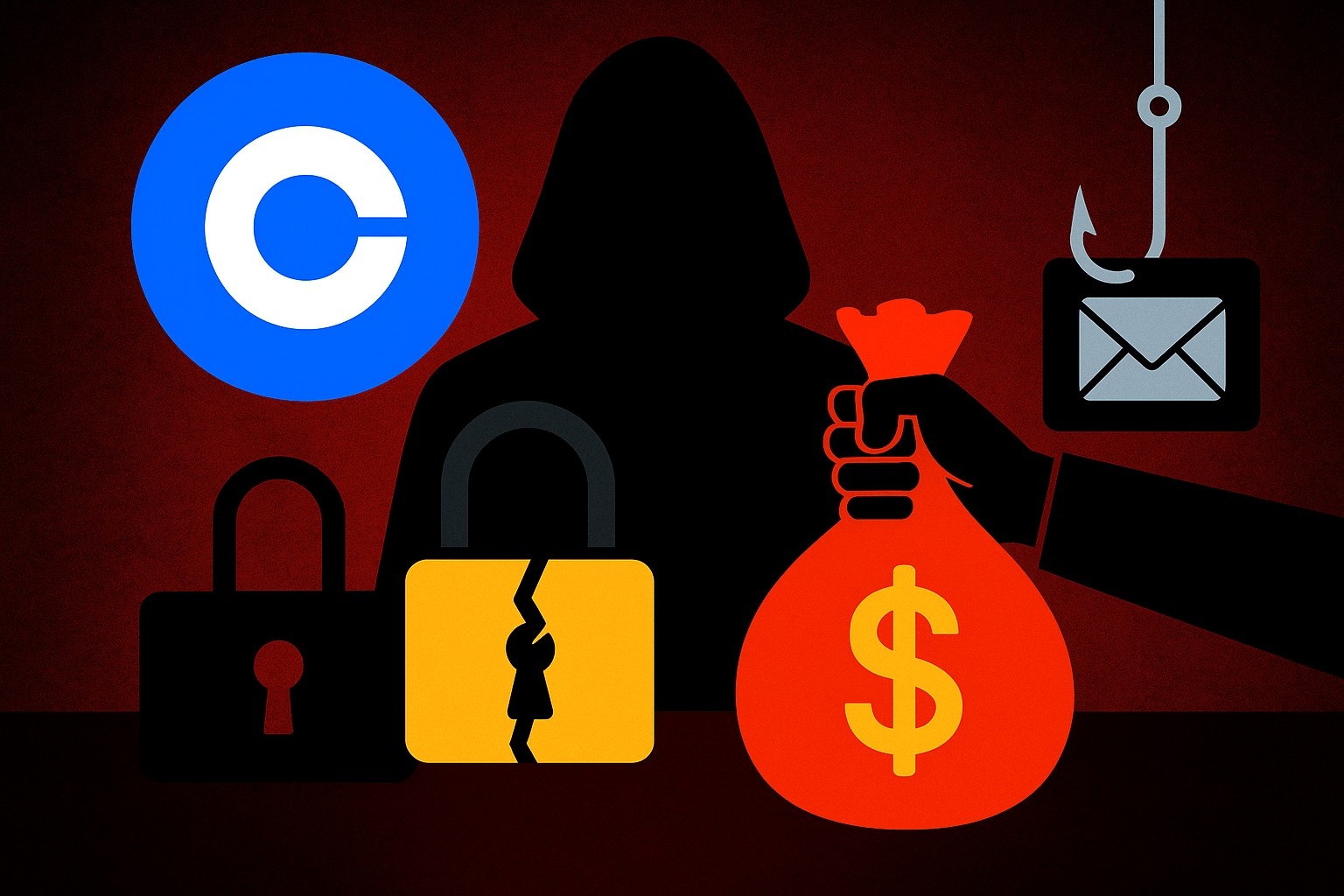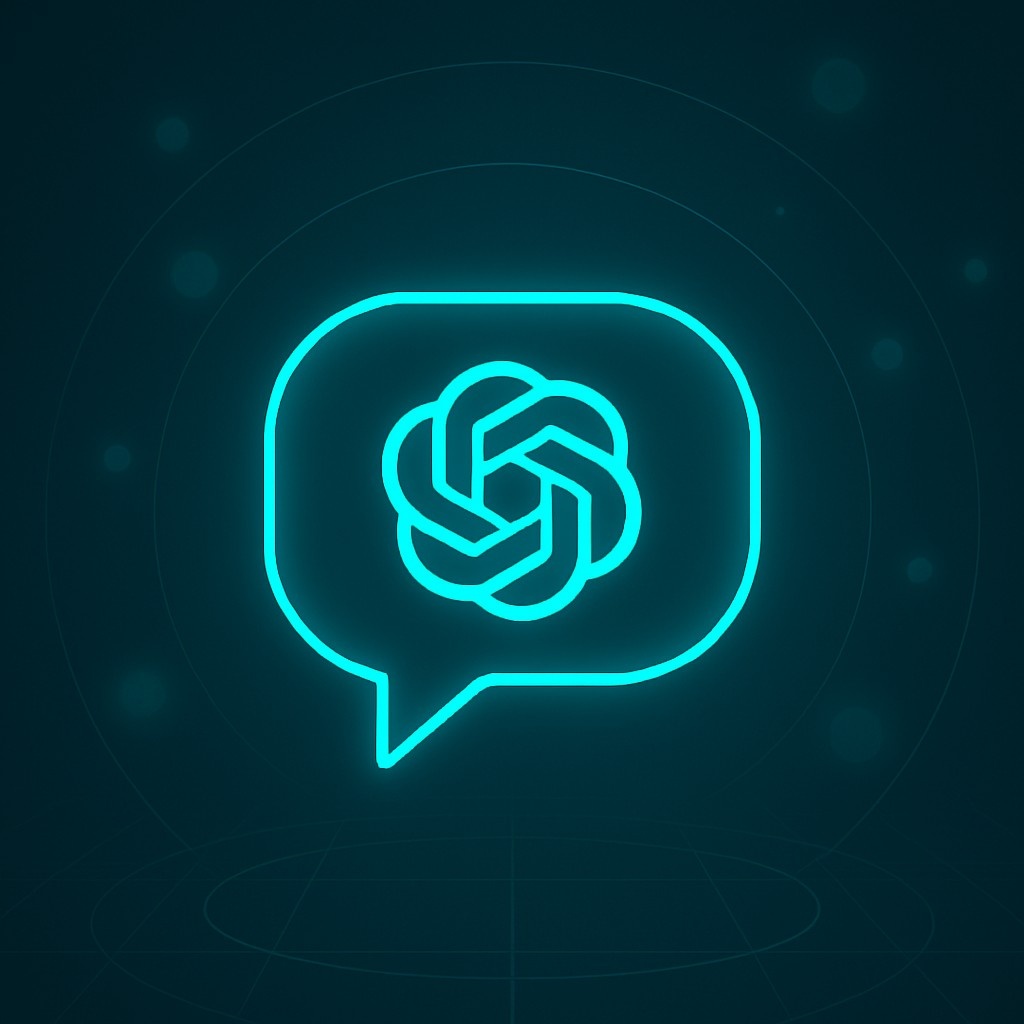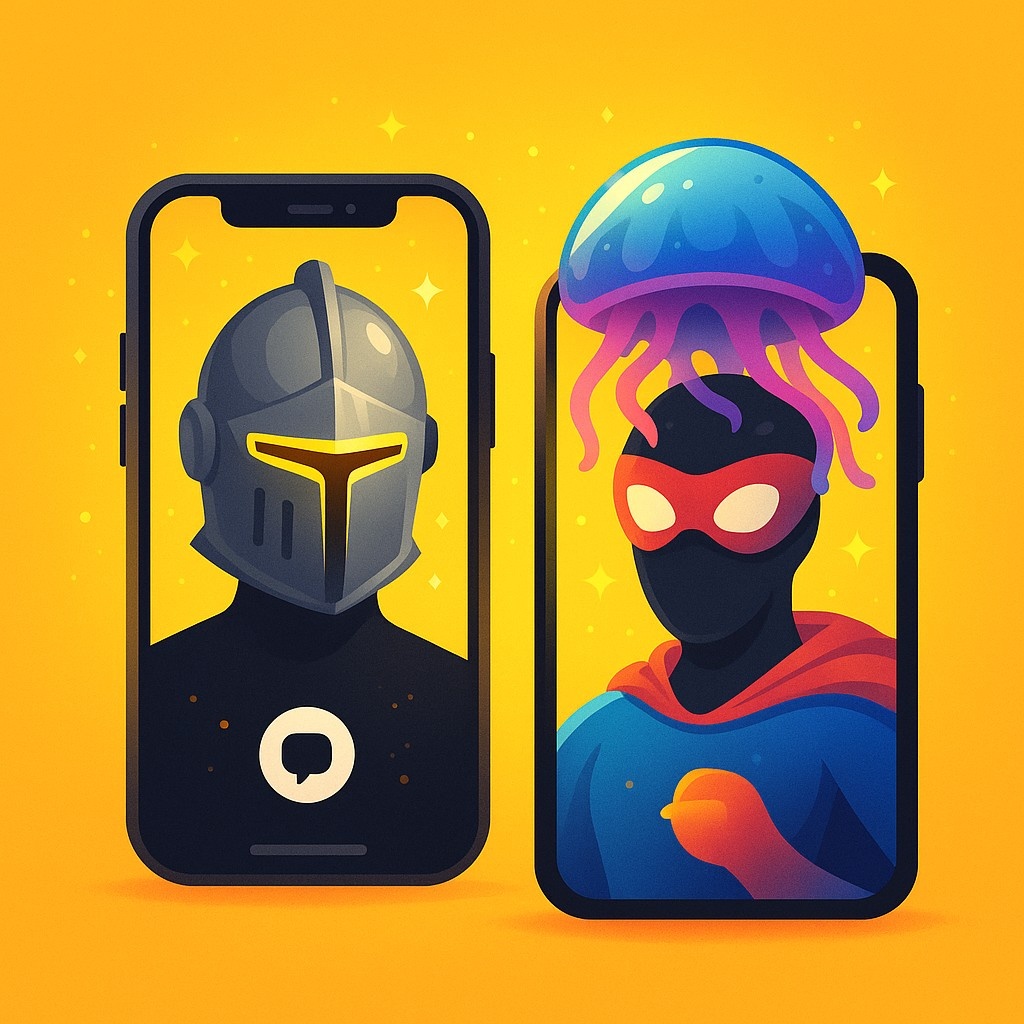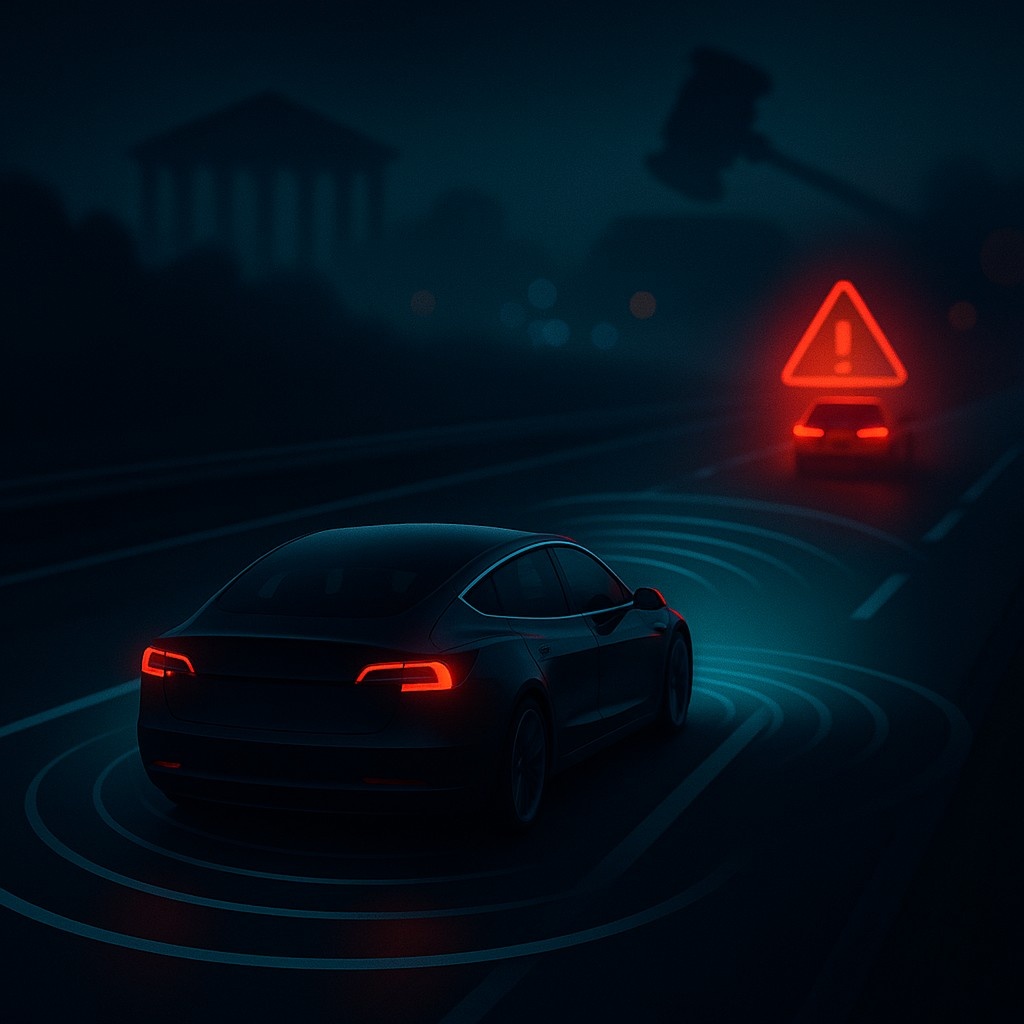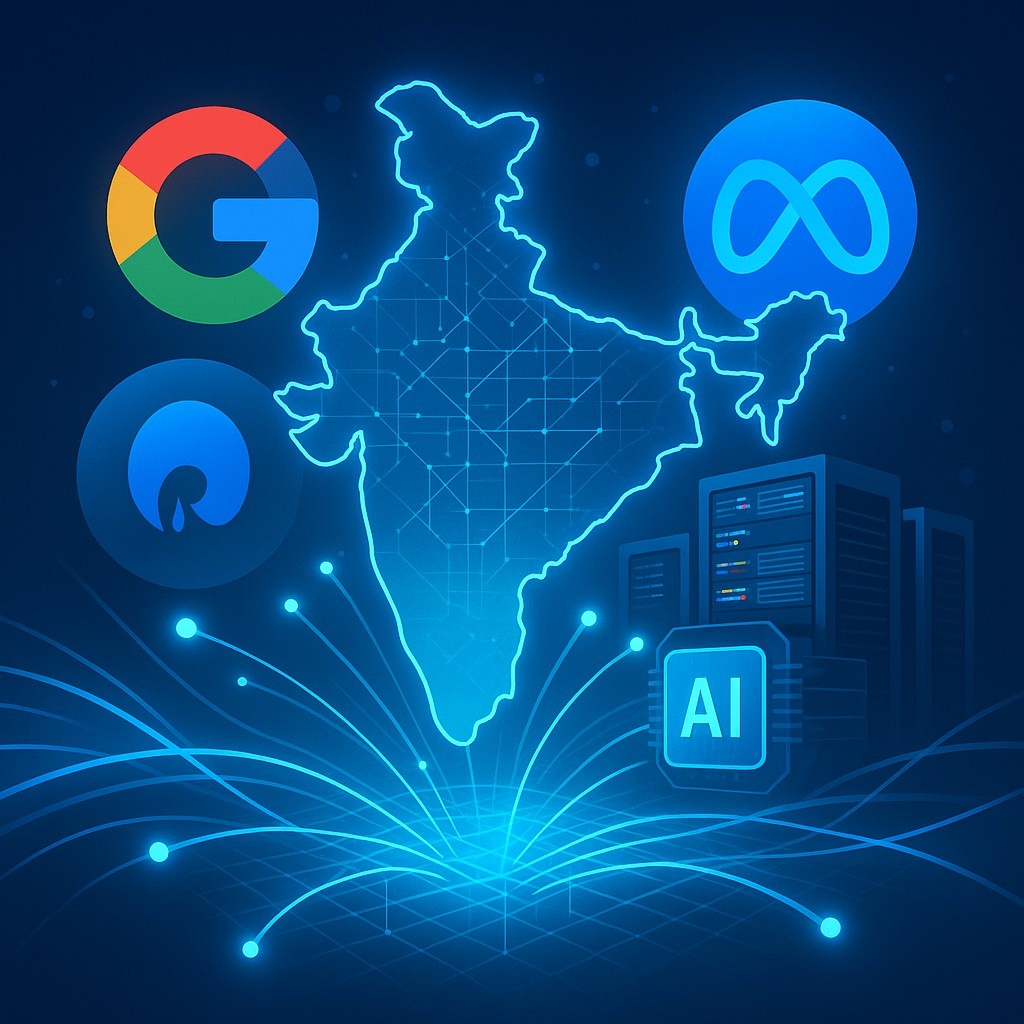Elon Musk’s xAI Sues Apple and OpenAI
The lawsuit alleges antitrust collusion to dominate the AI market.
Elon Musk has escalated his long-running feud with OpenAI and added Apple into the mix by filing a sweeping antitrust lawsuit. His artificial intelligence startup xAI, alongside his social media platform X, lodged the complaint in a Texas federal court in late August. At the core, Musk claims Apple and OpenAI are working together to block rivals from competing in the fast-growing AI market—a move he calls both illegal and dangerous.
The Heart of Musk’s Complaint
According to the lawsuit, Apple’s decision to integrate OpenAI’s ChatGPT directly into iPhones and Siri is not just a business deal, but a strategy to lock down the AI market. Musk argues that:
- Apple is giving preferential treatment to OpenAI in the App Store by pushing its apps and services above rivals.
- With Siri and iOS features tied to ChatGPT, users are funneled toward OpenAI by default, while apps like xAI’s Grok face barriers.
- This partnership helps Apple strengthen its smartphone monopoly, while helping OpenAI cement its dominance in generative AI.
Musk even tweeted earlier this summer that it was “impossible for any AI app besides OpenAI to reach #1 in the App Store.” The lawsuit echoes that sentiment and adds legal teeth to his claim.
Why Musk Is Taking This Step
Musk co-founded OpenAI in 2015 but left after disagreements about its direction. He has since become one of its most vocal critics. He opposed its transition into a for-profit company and once offered $97 billion to buy it outright—a bid that failed.
With xAI, Musk wants to build a competing set of large language models. His startup is already rolling out its chatbot Grok, available through X and being integrated into Tesla products. But Musk sees the Apple-OpenAI tie-up as an unfair roadblock to his company’s growth.
By suing, Musk is not just seeking damages. He is pushing to open iPhones and the App Store to fair competition so that users can choose among multiple AI systems instead of being nudged toward OpenAI.
The Legal Angle: Antitrust Collusion
The lawsuit frames Apple’s partnership with OpenAI as collusion. Musk argues it represents an unlawful market division:
- Apple gets exclusive AI features to retain iPhone users.
- OpenAI gains distribution across more than a billion Apple devices, sidelining smaller AI firms.
- Rivals are effectively locked out of the most lucrative consumer base in the world.
Antitrust experts say such a case is unusual. To succeed, xAI must prove there was a deliberate agreement between Apple and OpenAI to suppress competition—not just a standard partnership. That’s a high bar.
Still, the fact that this case targets AI partnerships makes it important. Regulators and courts have barely begun to address how antitrust law applies to artificial intelligence markets.
How Apple and OpenAI May Defend Themselves
While Apple and OpenAI have not commented publicly, their likely defenses are clear:
- Apple will argue that it has the right to choose trusted partners for its ecosystem, especially on issues like privacy and security.
- OpenAI will claim its success is due to the strength of its models, not unfair favoritism.
- Both will stress that users are still free to download other AI apps, meaning the market is not closed.
Apple also has precedent on its side: it has beaten back other antitrust challenges by framing the App Store’s rules as consumer protection measures rather than anti-competitive barriers.
The Critics and the Hypocrisy Question
Not everyone is sympathetic to Musk. Critics argue the lawsuit smacks of hypocrisy. On his own platform, X, Musk has been accused of manipulating algorithms to favor his posts and businesses while downranking rivals.
Even OpenAI’s CEO Sam Altman took a jab on social media, suggesting Musk is quick to cry foul when others limit competition but comfortable shaping his own platforms to suit his goals.
This public sparring adds drama, but it also underscores that the case is as much about Musk’s rivalry with OpenAI as it is about legal principles.
Why This Matters for AI’s Future
The outcome of this lawsuit could have major consequences for the AI industry:
- Antitrust Precedent in AI
If the case moves forward, courts will have to consider whether exclusive AI integrations count as anti-competitive. That could set new ground rules for tech giants. - App Store Reforms
Apple’s App Store has long been criticized for its fees and restrictions. A ruling against Apple here could force changes in how it ranks and promotes AI apps. - Market Access for AI Startups
Smaller firms like xAI, Anthropic, and others argue that they need fairer pathways to reach users. A victory for Musk could open doors for new players. - Transparency
Even if Musk loses, the lawsuit may force disclosure of details about the Apple-OpenAI deal, offering rare insight into how Big Tech is shaping AI adoption.
Industry Reactions
Reactions are mixed:
- Supporters see Musk as standing up to Big Tech and fighting for a competitive AI ecosystem.
- Skeptics say this is just another chapter in Musk’s personal vendetta against OpenAI, dressed up as an antitrust case.
- Legal analysts warn that proving collusion will be tough—without hard evidence, the case could be dismissed early.
Regardless, the lawsuit has already drawn attention from lawmakers and regulators who are keenly watching how AI markets develop.
Final Thoughts
Elon Musk’s lawsuit against Apple and OpenAI is about more than one business deal—it’s about who controls the future of AI. If Apple can tie its ecosystem tightly to one AI partner, smaller players may never stand a chance. If Musk wins, the gates could open for broader competition.
Either way, this case will be closely watched. It sits at the crossroads of technology, law, and power politics—with Musk, Apple, and OpenAI fighting not just for profits, but for control of the platforms that will shape how billions of people use artificial intelligence in their daily lives.
